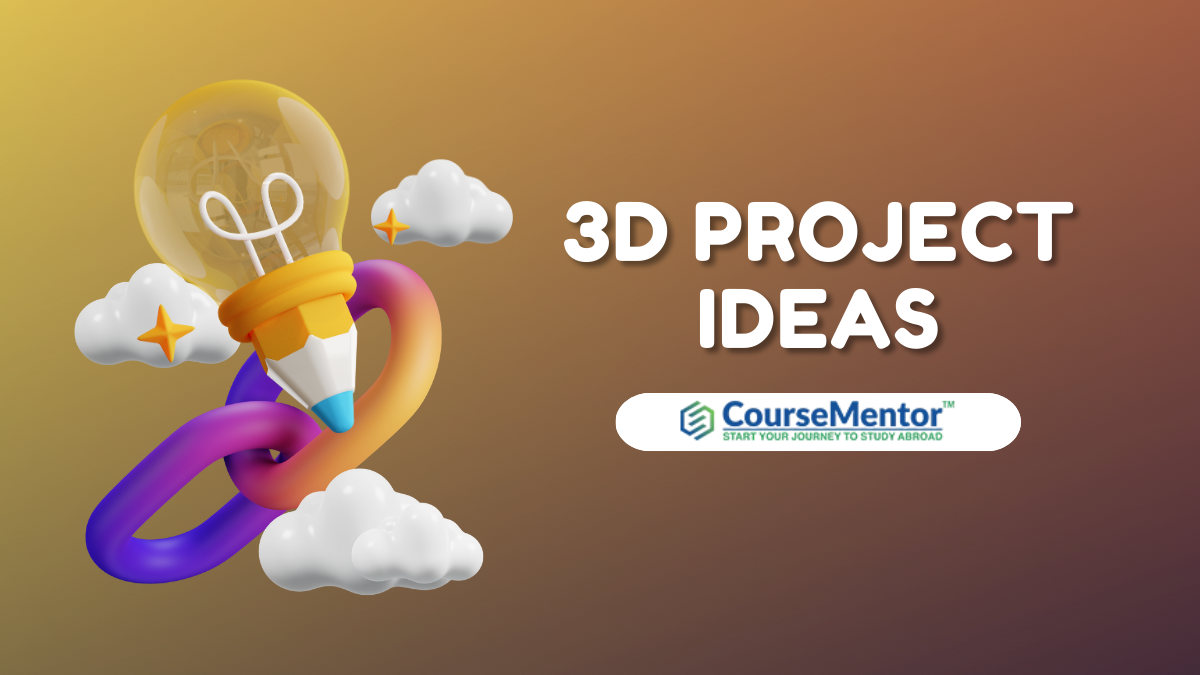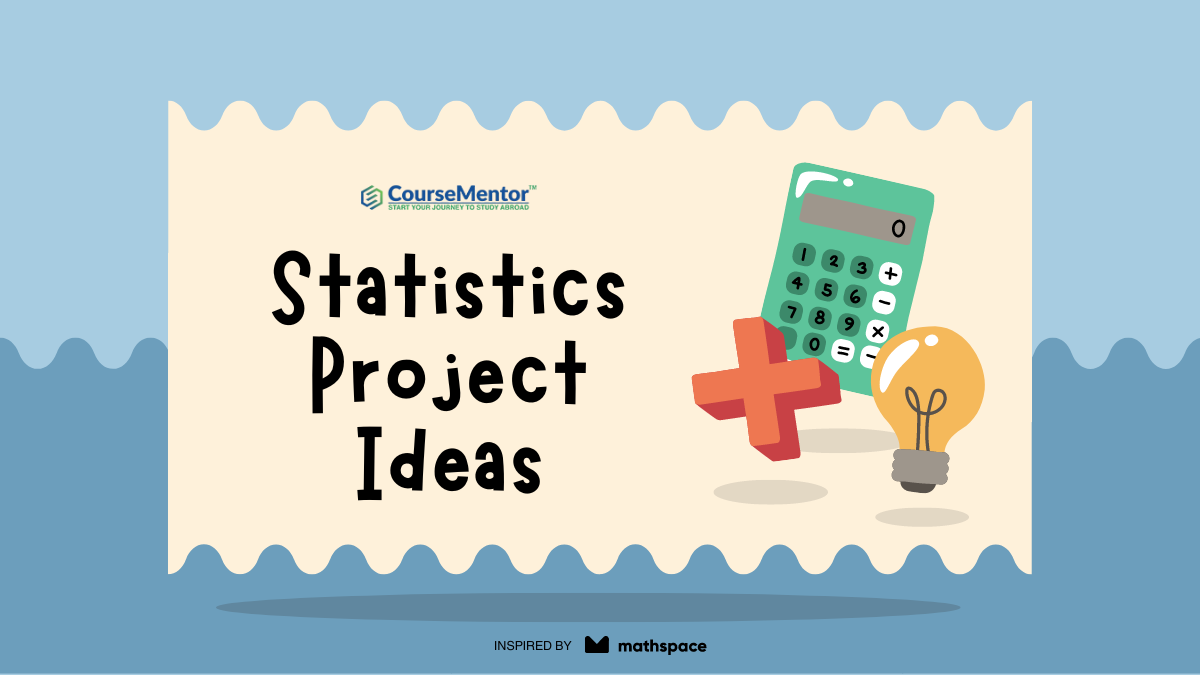In the maze of life, choosing the right career path can often feel like navigating without a compass. The decisions we make regarding our careers can significantly impact our future. Imagine embarking on a journey without a map or backup plan – it’s risky business! In this blog, we’ll explain why it is important to have a second option when choosing a career, and why it is a crucial step toward securing your professional future.
| Also Read: How Personal Values Could Enable You To Set Personal Specific Goals In Line With Your Vision? |
What Are Two Other Reasons Why People Choose a Particular Job or Career?
Two other reasons why people choose a particular job or career include:
- Passion and Interest: Many individuals are drawn to careers that align with their passions, interests, and personal values. They find fulfillment and satisfaction in pursuing work that they genuinely enjoy and are passionate about.
- Financial Stability and Benefits: For some people, the primary motivation for choosing a specific job or career is financial stability and the benefits it offers. They prioritize factors such as salary, job security, healthcare benefits, retirement plans, and other financial perks when making career decisions.
Explain Why It Is Important To Have A Second Option When Choosing A Career
Risk Mitigation
- Detail: Career paths can be unpredictable, with industries experiencing shifts and job markets fluctuating. Having a backup plan provides a safety net against unexpected setbacks like layoffs or economic downturns.
- Example: A software engineer might have a second option of teaching coding classes or freelance web development to supplement income during a recession.
Exploration of Passions
- Detail: Having a second option allows individuals to explore different aspects of their interests and passions, preventing them from feeling trapped in a career that doesn’t fulfill them.
- Example: A graphic designer may have a backup plan of starting a side business selling handmade crafts, allowing them to express their creativity in different ways.
Enhanced Decision-making
- Detail: Considering multiple career options enables individuals to make more informed decisions by evaluating factors like job prospects, personal preferences, and potential growth opportunities.
- Example: Someone interested in healthcare may weigh the pros and cons of becoming a doctor, nurse, or medical researcher before making a final career choice.
Financial Security
- Detail: Diversifying income streams through a second career option can provide a buffer against financial instability and help maintain stability during economic uncertainties.
- Example: A marketing professional may work part-time as a freelance writer, ensuring a steady income flow even if the marketing industry experiences a downturn.
Adaptability to Change
- Detail: In today’s fast-paced world, being adaptable is essential. Having a backup plan allows individuals to pivot quickly if their primary career path becomes obsolete or no longer aligns with their goals.
- Example: An administrative assistant may transition into virtual assistance services as technology changes the nature of office work.
Personal Fulfillment
- Detail: Pursuing multiple career paths allows individuals to find fulfillment in different areas of their lives, leading to a more balanced and satisfying professional journey.
- Example: A lawyer passionate about environmental issues may volunteer with conservation organizations or start a blog advocating for sustainable practices.
Having a second option when choosing a career not only provides practical benefits like risk mitigation and financial security but also fosters personal growth, adaptability, and fulfillment in one’s professional life.
What Is The Most Important Step in Choosing a Career?
The first big thing to do when picking a job is to think about what you like and what you’re good at. Most bosses think this is super important too. They did a big study and found that 80% of them think figuring out what you’re good at is a big deal when you’re choosing a job.
This self-assessment stuff is all about thinking about what makes you tick. It’s like asking yourself, “What do I enjoy doing? What’s important to me? What am I good at?” When people take the time to really think about these things, they tend to end up happier with their jobs in the long run. That’s what a bunch of smart psychologists found out too. So, it’s worth taking the time to figure it all out before jumping into a job!
Therefore, understanding oneself and aligning personal strengths and interests with potential career options lays the foundation for making informed and fulfilling career choices.
What Are The Five Steps For Choosing a Career?
Deciding what job you want to do can feel overwhelming, but if you take it step by step, it becomes easier to handle. Here are five essential steps for choosing a career:
- Self-Assessment:
Reflect on your interests, values, skills, and personality traits. Consider what activities you enjoy, what values are important to you, and what strengths you possess.
Tools like personality assessments, skills inventories, and career aptitude tests can aid in this process.
- Research Career Options:
Explore different career paths that align with your self-assessment results.
Research industries, job roles, and potential employers to gain insight into the day-to-day responsibilities, required qualifications, salary expectations, and growth prospects associated with various careers.
- Evaluate Education and Training Requirements:
Determine the education, training, and credentials necessary to pursue your chosen career path.
Research academic programs, certifications, and professional development opportunities that will equip you with the knowledge and skills needed to succeed in your desired field.
Look for chances to try out real work in the area you’re interested in. This could be through internships, working part-time, volunteering, or shadowing someone in that field.
Doing this helps you learn useful skills and understand what it’s really like to work in that job.
- Make Informed Decisions and Take Action:
Once you’ve thought about what you like and looked into different jobs, it’s time to pick one that suits you best. Make a plan that shows what you want to achieve in the short and long term.
This plan should include things like going to school, getting some experience, meeting new people, and applying for jobs. Then, start working towards your goals. Remember to check in on your plan regularly and change it if needed.
By following these five steps, you can navigate the process of choosing a career with confidence and clarity, ensuring that your career aligns with your interests, values, and aspirations.
Conclusion
Choosing a career is one of the most important decisions you’ll ever make in your life. It’s a journey filled with twists and turns, ups and downs, but having a backup plan can make all the difference.
It provides a safety net against unforeseen circumstances, promotes personal growth and exploration, enhances decision-making, ensures financial security, boosts psychological well-being, and expands your professional network.
So, as you embark on your career journey, remember to always have a backup plan – it just might be the key to unlocking your success.





